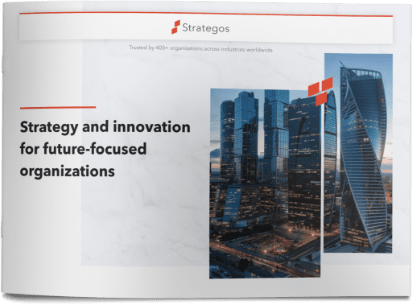In the news is the story of Kodak, the company appears to be struggling for dear life. Once a great innovator in traditional photography the Kodak name is synonymous with film as Xerox is with copying. Kodak was the company to invent the first digital camera in the early 70s but was never able to benefit from the surge in digital photography. It does own many of the supporting patents and is now suing Apple and HTC for infringement. Some say to try and generate the required capital to turn the company around and fund its future.
“As we complete Kodak’s transformation to a digital company, our future markets will be very different from our past” says CEO Antonio Perez. That statement could (should?) have been made many years ago when it invented the digital camera if it had recognised the coming together of multiple trends and allowed itself to experiment in these new markets.
This story once more confirms that innovation is not the same as invention. Ideas alone are not enough. In most organisations ideas are plentyful but get weeded out or are ignored for all the wrong reasons. Very often the issue is a lack of a systemic approach to innovation that allows for experimentation at the back end of the innovation journey, i.e. systemising how you learn more about your idea without betting the company. What unmet consumer needs it could address? What business model could support this idea? When is the best time to enter the markets in earnest even though it might canabilise your existing business (which may be dead in a few years anyway)?
Although most people are very familiar with the concept of experimentation we find its practice is not widespread when it comes to innovation in larger companies. The focus is more on planning than learning when trying to commercialise ideas and this is especially bad news for businesses that want to pursue ideas outside their comfort zone or core business operations. However the good news is that there are systemic ways to approach experimentation that are easy to execute once you accept the importance and priority of learning instead of predicting the outcome.





